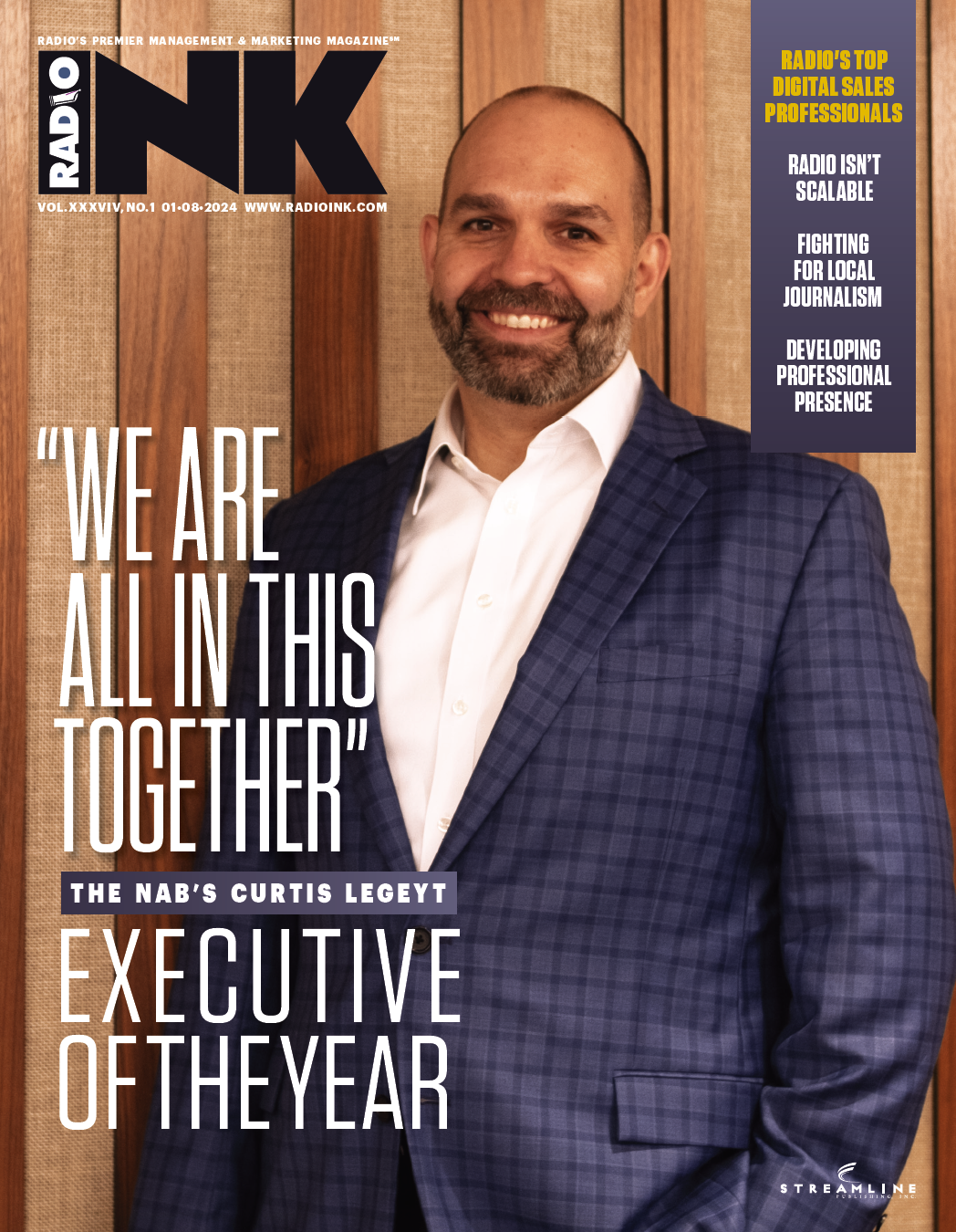
(By James Bahm) This is a continuation of my column from two weeks ago. I remember hearing a talk show host saying something along the lines of, “A person doesn’t become an adult until they have a child and can learn to love someone else more than they love themself.”
If a parent constantly yells and berates their child, the child will have a difficult time believing it when the parent says, “I love you.” To the child, the word love means yelling and berating.
Conversely, when the parent sits with their child, helps with their homework, and gives them praise, combined with discipline as a means of improvement and betterment, the word love is a positive. They learn to equate love to discipline as much as they do help, praise, and encouragement.
In the same way, anyone with the word “manager” in their title will not become a leader until they care about the success of their direct reports more than their own success and then they make sure each direct report knows this and believes it. This should be communicated throughout the interview process, while onboarding, and throughout their time on your team.
Regardless of the talent level a new hire may have, they are still a new hire to your team. Maybe they’re new to the market and they only know a handful of people. They will need time and support to find their place. You owe it to them to do anything to get them plugged into the market and community like letting them be your team’s representative at a local chamber of commerce.
Perhaps you can pay for them to be in a BNI or other networking group, as a couple of examples. There are plenty of opportunities in your area if you – or they – will look for them.
As a manager, you control the attitude and success of your team with the level of support you provide.
I remember a previous station manager sharing some stories with me about how he struggled early on in his career with presentations. No lectures, no critiques of the presentations I’d previously sent. The meeting was all about the mistakes he made early in his career. He closed by asking me to e-mail a presentation to him for his review so he could walk me through the areas to improve. I don’t remember how many drafts I went through before I received a response I’ll remember forever: “This. Is. Good!”
When I met with my client, she signed it before I could finish my presentation. This was a great example of the third form of empathy that I shared in my previous column: Emotional Empathy.
Reclamation Sisters offers mind-blowing advice: take the responsibility of reaching out for help off of the person with whom you are talking. Instead of saying, “Please let me know if there’s anything I can do,” say, “I’m going to sit with you when you work on your next proposal or go on the next CNA with you and all I’ll do is listen and take notes.” A manager should put themself in their direct report’s shoes and see the situation through their eyes when they care for them through shared experience.
Moreover, if you believe your thoughts/ideas are the only ones that are true and correct, you will never be a leader. A leader inspires and motivates another person to achieve that which they never thought possible. Make sure you are humble and open-minded enough to be willing to learn a thing or three from your direct reports. Learning, support, and encouragement flow both ways – leadership starts with being able to follow others, which is another takeaway from the podcast I referenced last time with Jocko Willink.
When they present an idea, listen to it, and in lieu of criticizing it, ask questions: “What about this stands out the most to you?”; “When the client mentioned X, Y & Z, why did you lead with Y instead of Z or X?”’; “Did you consider…?”
Start listening to others’ responses and your confidence will grow. Instead of always feeling the need to interject your thoughts, remember it requires more confidence to listen to others’ ideas and plans and support them than it does to constantly criticize them. To paraphrase Jocko from the same podcast I referenced above: force yourself to listen with humility, and then you will be heard, and they will follow you.
I remember a colleague who came to me asking for advice on how to address a customer’s question. In addition to letting them know I heard what they said, I thanked them for the opportunity to assist. My first question was for them to please share the initial thoughts/ideas they had in their reply because they may have a great idea that I hadn’t considered.
There is no reason to immediately jump in and begin offering advice unless you first take the time to understand where the other person is coming from and how they are approaching finding a solution.
Bottom Line: Own your shortfalls first. No one will trust you with anything until they first believe you are there for their betterment above your own.
James Bahm has more than 30 years of experience in broadcasting, sales and marketing, and recruiting and hiring. He is the author of Don’t Yuck My Yum – a Professional Development and Sales & Marketing book. Reach him via email. Read James’ Radio Ink archives here.









